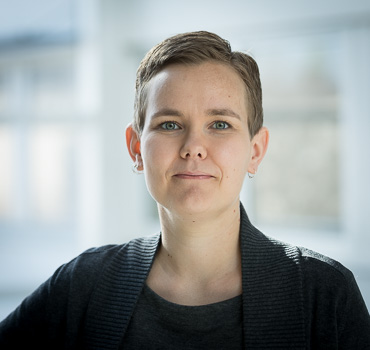
Laura Elo
Research Director
University of Turku
Turku Bioscience Centre
Areas of expertise
Computational biomedicine, medical bioinformatics, data science, machine learning, artificial intelligence, biomarkers, computational systems immunology Research
We develop computational methods and models for transforming large-scale molecular and clinical datasets to biomedical knowledge. A specific focus is on analyzing and interpreting data generated by modern high-throughput biotechnologies and other digital health data in a robust and reproducible manner.
Using statistical modelling and advanced machine learning techniques, we have, for instance, identified early markers for type 1 diabetes and developed several powerful computational models for predicting disease and treatment risks. The ultimate goal is to improve the diagnosis, prognosis and treatment of complex diseases in close collaboration with experimental and clinical research groups.
In our ongoing studies, we focus on development of robust computational tools for proteome, epigenome, and multi-modal single-cell data analysis; artificial intelligence in the analysis of digital health data for early prediction of disease and treatment risks; and computational systems immunology to study human T cell development and immune-mediated diseases.
Computational biomedicine, medical bioinformatics, data science, machine learning, artificial intelligence, biomarkers, computational systems immunology Research
We develop computational methods and models for transforming large-scale molecular and clinical datasets to biomedical knowledge. A specific focus is on analyzing and interpreting data generated by modern high-throughput biotechnologies and other digital health data in a robust and reproducible manner.
Using statistical modelling and advanced machine learning techniques, we have, for instance, identified early markers for type 1 diabetes and developed several powerful computational models for predicting disease and treatment risks. The ultimate goal is to improve the diagnosis, prognosis and treatment of complex diseases in close collaboration with experimental and clinical research groups.
In our ongoing studies, we focus on development of robust computational tools for proteome, epigenome, and multi-modal single-cell data analysis; artificial intelligence in the analysis of digital health data for early prediction of disease and treatment risks; and computational systems immunology to study human T cell development and immune-mediated diseases.


